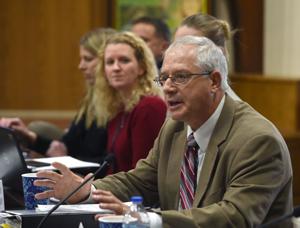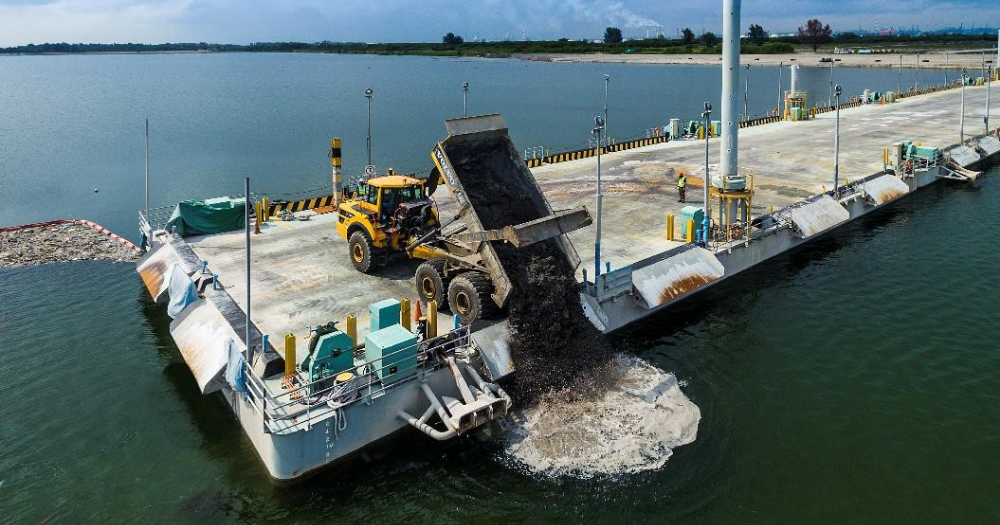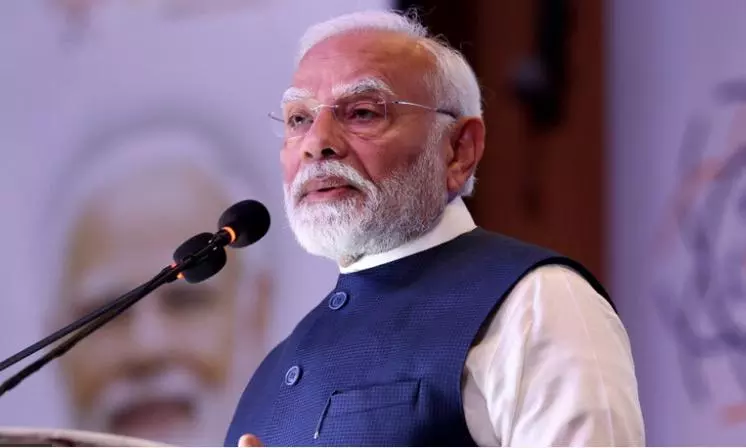
Manitoba Premier Wab Kinew says work is underway on a bill aimed at protecting provincial elections from foreign interference, dis- and misinformation campaigns and other interventions which could undermine the fairness and integrity of the election process. That bill could be introduced as early as the spring session of the legislature. Read this article for free: Already have an account? To continue reading, please subscribe: * Manitoba Premier Wab Kinew says work is underway on a bill aimed at protecting provincial elections from foreign interference, dis- and misinformation campaigns and other interventions which could undermine the fairness and integrity of the election process.
That bill could be introduced as early as the spring session of the legislature. Read unlimited articles for free today: Already have an account? Opinion Manitoba Premier Wab Kinew says work is underway on a bill aimed at protecting provincial elections from foreign interference, dis- and misinformation campaigns and other interventions which could undermine the fairness and integrity of the election process. That bill could be introduced as early as the spring session of the legislature.

Some of the potential changes will flow from recommendations contained in the 2023 annual report from Shipra Verma, CEO of Elections Manitoba (EM). That report focused in large part on the 2022 amendments to the Elections Act (EA) which were intended to improve the accessibility, efficiency, security, and voter satisfaction with the election process. Following the October 2023 election, EM conducted an in-depth analysis of how the modernized voting system had operated.
Unfortunately, a major storm, a power outage, technical problems with the electronic vote tabulators, and human errors in the entry of voting data all contributed to delays in the collection and reporting of results. This led to criticism — not all of it fair — that EM had not “road-tested” the technology sufficiently or trained its approximately 5,000 (mostly temporary) employees adequately. The CEO presented extensive evidence in her annual report to rebut these criticisms.
Operational efficiencies in the delivery of voting services are important and technological tools can support improvements. For example, artificial intelligence (AI) algorithms can be used to determine optimal polling station locations and facial recognition can be used for voter authentication purposes. However, AI tools can also be used to interfere in the election process by spreading disinformation, creating false images, videos, texts and audio targeted messages intended to mislead low-information voters or to erode confidence in the election process and its outcomes.
The CEO of EM recognized these threats and acknowledged the limits of her existing authority. The EA already prohibits the transmission of false or misleading information about candidates and impersonation of election officials. Strengthening these provisions, the CEO wrote, is essential to safeguard democratic processes against the threat of false information.
She called for amendments prohibiting communication of false information about voter eligibility, voting locations, the technology used in elections, and the actions of election officials. The B.C.
legislature has recently amended its election law in this way. Last October in Ontario, the CEO recommended an even broader approach that would require that all AI generated content be identified as such in any communications, that he should have the authority to order digital media companies to remove false information, and that penalties be imposed for failures to comply. Legislation is just one component of a more comprehensive, integrated approach to the protection of election integrity, which must involve political institutions and actors, as well as media companies and civil society.
As part of election competition, political parties will increasingly be tempted to use AI to generate images and videos (so-called deepfakes) to make emotional connections, raise fears and/or confuse voters. In Manitoba, a voluntary code of conduct (2000), which relies on self regulation by political parties, calls for the avoidance of misleading and defamatory messages about other parties and candidates. However, there is no explicit ban on the use of deep fakes.
This leads to two questions: should such a ban be added and should enforcement of the code be transferred to EM? In national politics, party nominations and leadership contests have been identified as vulnerable to potential foreign interference by state and non-state actors. The extent to which a relatively small province like Manitoba is a target for such interference is hard to know. Party nomination processes are mostly wide-open affairs.
Potential foreign influence is somewhat limited by a ban on contribution to parties and candidates from anyone living outside of the province. As for leadership contests, contributions from Manitoba residents are limited to $3,000 and contributions over $250 are reported publicly. More oversight of these processes by EM is required.
Cyberattacks from state and non-state actors on different aspects of the election process are possible. The exposure of Manitoba to such threats is difficult to discern. Clearly EM takes the threat seriously.
It works with Communications Security Establishment Canada and the Canadian Centre for Cyber Security, uses firewall systems, encryption and audits, all activities meant to protect the election infrastructure and sensitive voter information. Third parties, (such as political action committees or associations of various kinds) can be a source of disruption of the election process. In Manitoba there are some statutory restrictions on activities by such entities.
For example, third-party advertising which promotes or opposes a party or candidate is considered to be election communications and is subject to spending limits of $100,000 in the pre-election period and $25,000 in the election period. Citizens can play a role in protecting the integrity of elections by being shrewd consumers of political messaging. EM already conducts educational outreach about the election process.
Elections BC goes further with a webpage encouraging citizens to identify fraudulent websites/social media accounts and false information, and reporting concerns to media companies. Developing approaches to protect the integrity of the elections should involve a broad range of stakeholders, not just the registered political party representatives who serve on advisory committees to EM. Rather than going directly to legislation, it would have been preferable to widen the dialogue by issuing a discussion paper outlining a range of possible actions to ensure fair, free and transparent elections in a rapidly changing digital environment.
Advertisement Advertisement.











